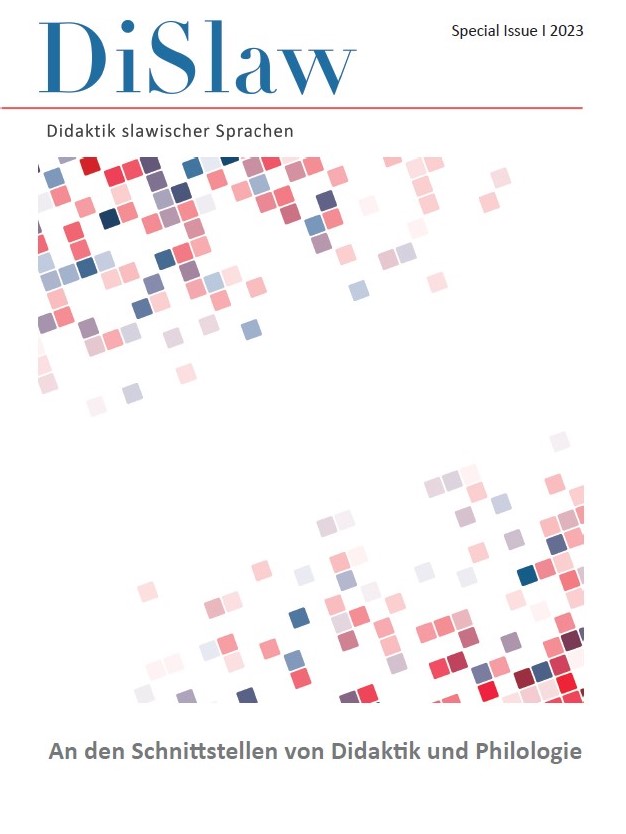Lernerurteile zu lexikalischen Schwierigkeiten in russischen Lesetexten
DOI:
https://doi.org/10.48789/2023_special_issue5Schlagwörter:
CERF levels, degree of perceived difficulty, reading assignment, lexiconAbstract
This study investigates factors that contribute to the perceived difficulty of the Russian vocabulary among learners at different CERF levels. We tested four hypotheses concerning word formation processes, learners’ familiarity with lexemes, morphonological alternations, and internationalisms. The first hypothesis stated that learners on advanced CERF levels are more familiar with the productive word formation processes and will therefore experience difficulties only with opaque word formations; this hypothesis was confirmed. The second hypothesis stated that learners on advanced CERF levels were more likely to know lexemes from the same word family and to use this to make inferences about new words. This hypothesis was also verified. The third hypothesis was not supported: lexemes with morphonological alternation are perceived as difficult only at lower levels. The fourth hypothesis posited that internationalisms relieve learners. This hypothesis was confirmed up to level B2, whereas on level C1 internationalisms are register-specific terms and are often perceived as difficult.



